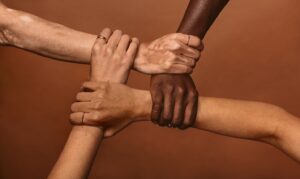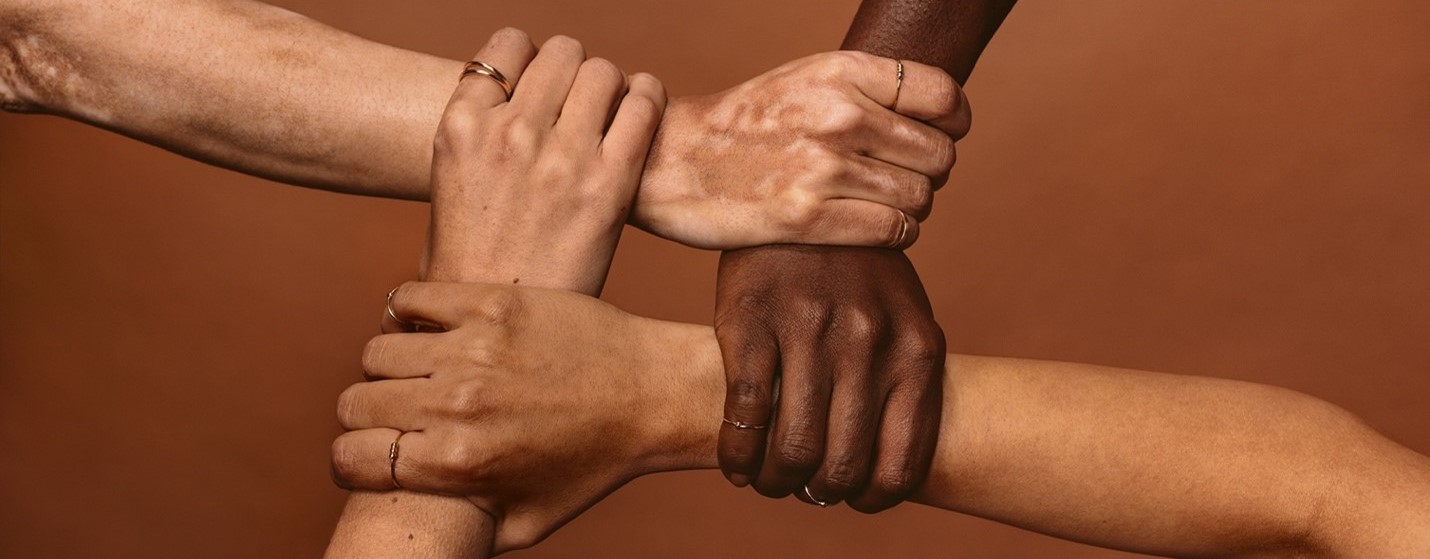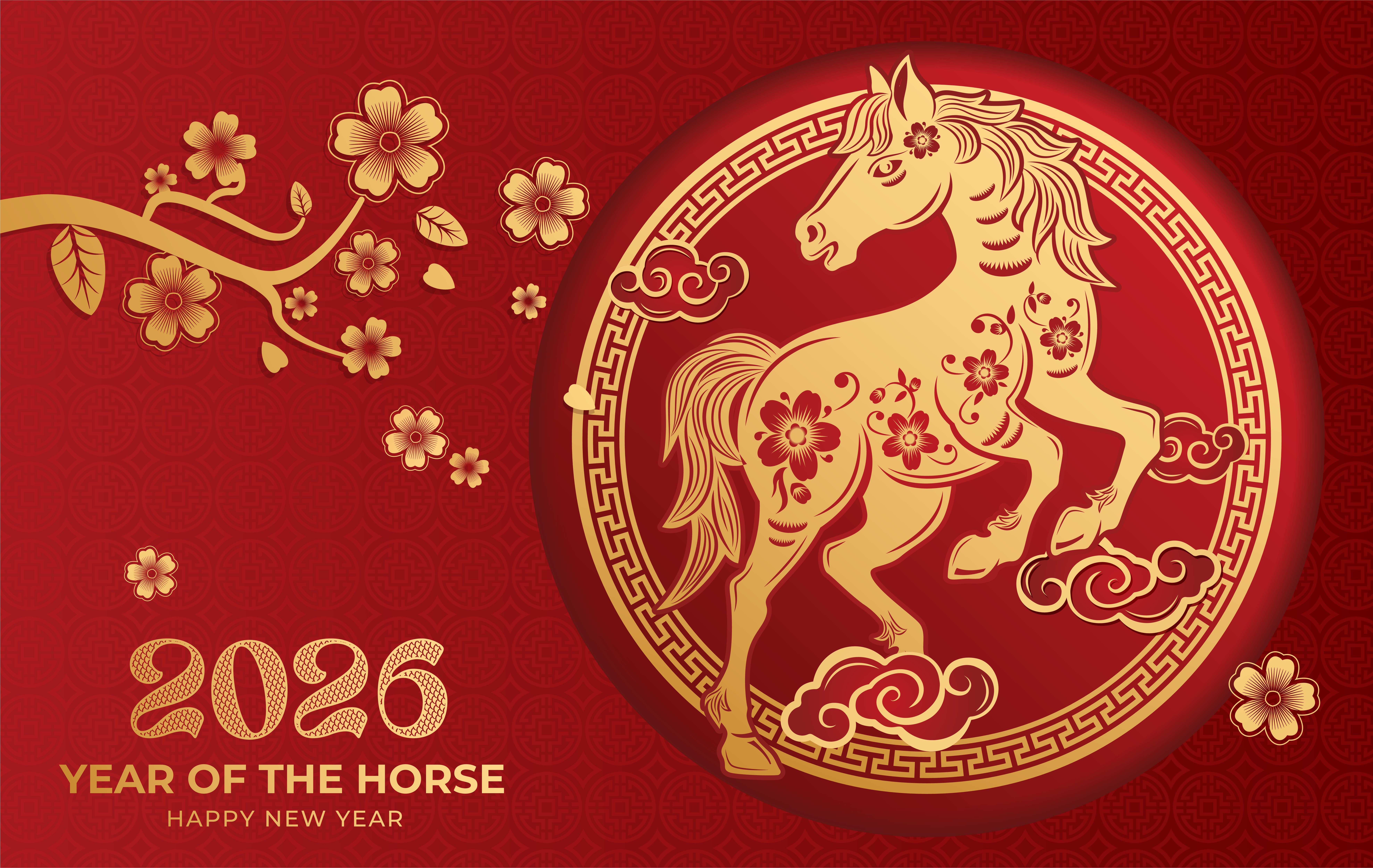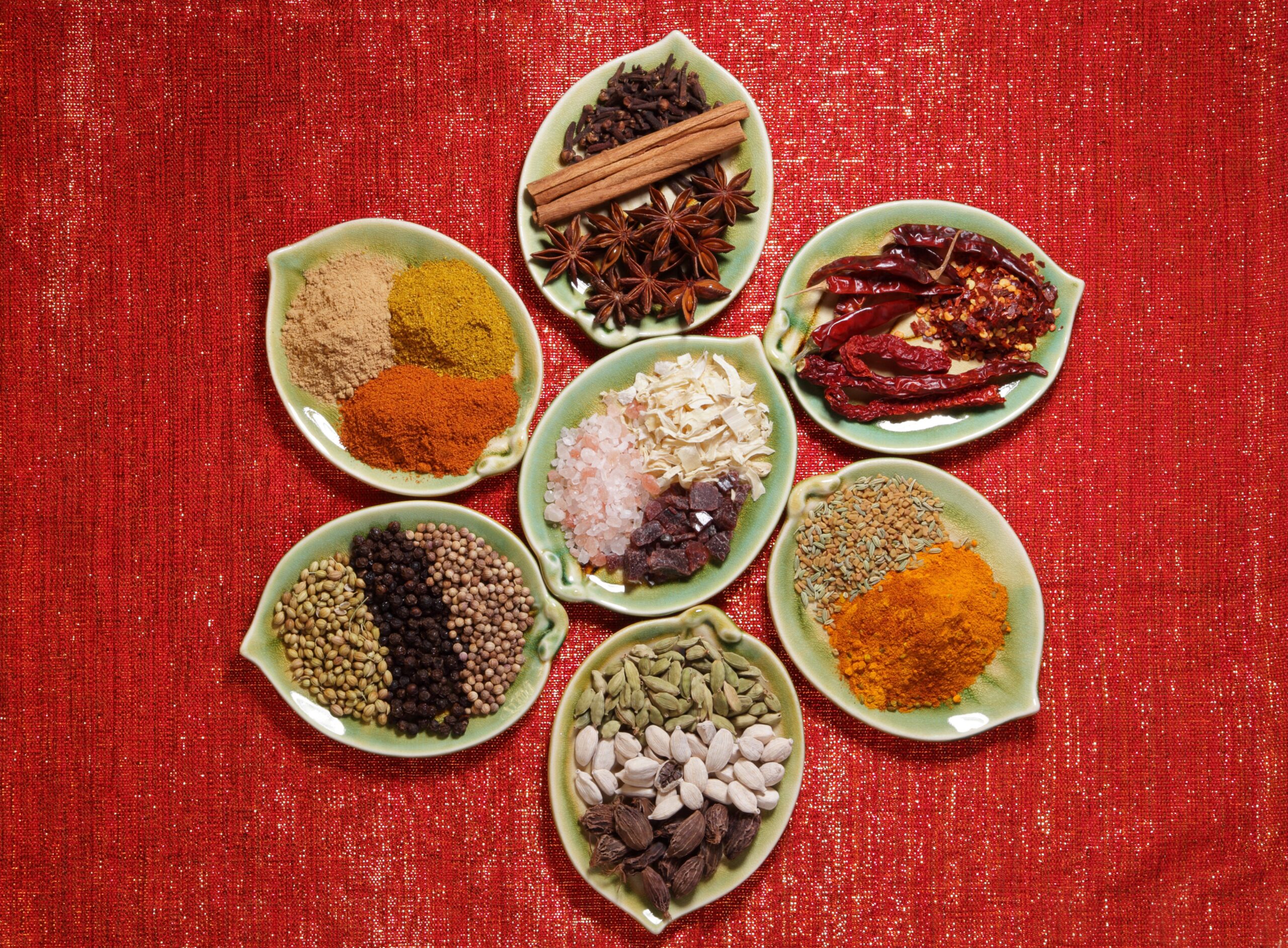Do you all remember the word puzzles we had to figure out in elementary school? In my day we called it “grammar school”…LOL…not sure why? Maybe it was cultural.
 SO, can you guess what my title means??? ETHICS OVER EVERYTHING. I am currently taking an Ethics class, and to be completely honest, at first, I was not enthused. I am graduating in three weeks and the countdown started at the beginning of the trimester. Then here comes this enthusiastic teacher/clinician/friend who wants to make me think, and feel, and learn! I was like why Sway? I just want this asynchronous class to be just that detached…turn in work, take quizzes, respond dryly to my peer’s discussion post. Good point, I concur, I agree with your viewpoint — I have those responses on autodial.
SO, can you guess what my title means??? ETHICS OVER EVERYTHING. I am currently taking an Ethics class, and to be completely honest, at first, I was not enthused. I am graduating in three weeks and the countdown started at the beginning of the trimester. Then here comes this enthusiastic teacher/clinician/friend who wants to make me think, and feel, and learn! I was like why Sway? I just want this asynchronous class to be just that detached…turn in work, take quizzes, respond dryly to my peer’s discussion post. Good point, I concur, I agree with your viewpoint — I have those responses on autodial.
Then I realized I am leaving the nest! I will have to deal with the Illinois Department of Professional Regulations and the National Certification Commission for Acupuncture and Oriental Medicine (NAACOM) for licensing and understanding my scope of practice and everything else that I don’t know that I NEED TO KNOW.
Another biggie for me was cultural diversity, especially as it impacts health care. Being a woman of color, I come from a long line of family members who do not trust doctors. We will try everything on our own BEFORE we go to the doctor. Therefore, my ancestors have developed some spot-on healing modalities that may be deemed as odd or downright taboo by some medical professionals. Understanding the culture of each patient can be a bit daunting, but taking the time during the history and physical portions of the initial exam to ask the questions to garner an understanding of each patient is paramount.
The Hippocratic Oath is taken for a reason, and often from the white coat ceremony…to graduation…to starting your career, that oath goes further down our list of importance. This class reminded me of the Oath that I made at the beginning of the AHM program. I have practiced this during my interaction with patients, but not mindfully like taking the time to reflect on the core principles of the Oath. There are different versions from the original, to the modern day and how they reflect the needs of our current society. You cannot hang ethics on a wall in your office or waiting area. The tenets must be practiced daily to ensure equitable and quality care for all.
The Hippocratic Oath is an ancient pledge traditionally taken by physicians, emphasizing ethical medical practice. It is named after Hippocrates; an ancient Greek physician often considered the “Father of Medicine.” The oath outlines principles of medical ethics, including:
- Beneficence: Committing to benefit the patient and doing no harm.
- Non-Maleficence: Avoiding actions that could harm the patient.
- Confidentiality: Respecting patient privacy and confidentiality.
- Respect for Autonomy: Honoring patient autonomy and informed consent.
While the original text has evolved, modern versions maintain its core ethical principles, adapting them to contemporary medical practices.
For more information about NUHS’ acupuncture programs, click here.



